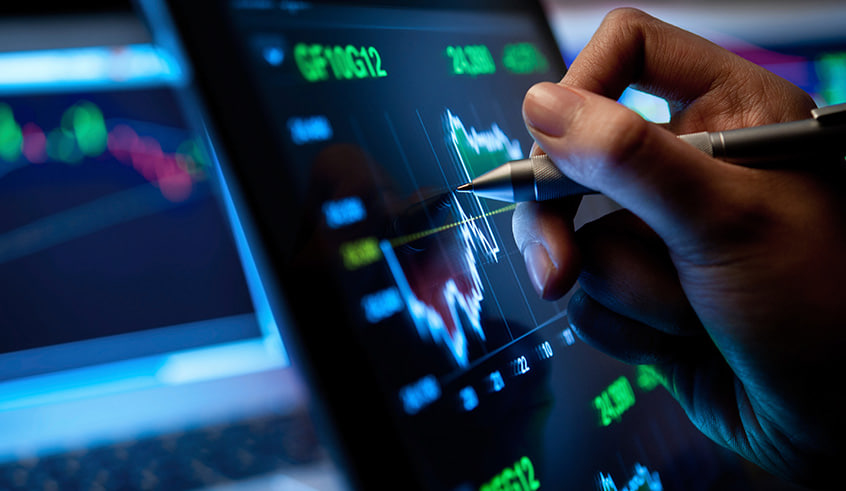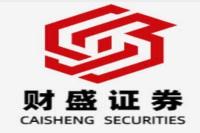EU-Mercosur Trade Deal: A Landmark Agreement Facing Headwinds
Meta Description: Dive deep into the EU-Mercosur free trade agreement – its potential benefits, significant challenges, and the political hurdles it faces, impacting agricultural trade, economic growth, and geopolitical strategies.
This isn't just another trade agreement; it's a seismic shift in global commerce, a monumental deal forged after two decades of painstaking negotiations. Imagine a free trade zone encompassing over 700 million people, stretching from the bustling streets of Buenos Aires to the picturesque vineyards of Bordeaux! That's the potential of the EU-Mercosur agreement, a pact that promises to reshape trade between Europe and South America. But this isn't a fairy tale with a guaranteed happy ending. The agreement faces significant hurdles, sparking fierce debates within the EU and raising concerns about everything from agricultural protectionism to environmental sustainability. We'll delve into the nitty-gritty details, examining the potential economic advantages for both sides, the political roadblocks that are threatening to derail the process, and the long-term implications for global trade. Get ready to unravel the complexities of this landmark deal – a real-world drama filled with political maneuvering, economic anxieties, and the hope for a brighter future of international cooperation. Whether you're an economist, a policymaker, or just someone interested in the intricate dance of global trade, this analysis will equip you with the knowledge you need to navigate this complex and potentially game-changing agreement. Let's dive in!
EU-Mercosur Trade Deal: A Detailed Analysis
The recently concluded EU-Mercosur free trade agreement (FTA) represents a significant milestone in international trade relations. After over 20 years of on-again, off-again negotiations, the deal finally reached fruition in early 2023. This monumental agreement has the potential to create a massive free trade area, encompassing over 700 million consumers across Europe and South America. However, the path to ratification is far from smooth, fraught with political complexities and internal disagreements within the EU.
Agricultural Trade: A Major Point of Contention
The agricultural sector is at the heart of the ongoing debate surrounding the EU-Mercosur FTA. For the EU, the agreement promises access to new markets for its dairy products (think creamy cheeses and rich butter!), wines, spirits, and chocolates. This is a HUGE opportunity for European producers, particularly given the traditionally protected nature of the South American market. On the flip side, Mercosur countries – particularly Argentina with its massive agricultural output – will significantly increase their access to the EU market for agricultural products like beef, poultry, and grains. This is a major boon for South American farmers and exporters, many of whom are eager to tap into the large European consumer market. This is a double-edged sword though, as the influx of South American agricultural goods into the EU market has sparked significant concerns amongst European farmers, who fear increased competition and potential losses.
This isn't just about economics; it's about livelihoods. French President Macron famously voiced his concerns, stating that the initial agreement was "unacceptable" for French farmers. Similar concerns have been raised in Poland and other EU nations. The fear among EU farmers is that they won't be able to compete with the lower production costs in South America. This isn't just scaremongering; it's a real and legitimate concern that needs addressing. The EU is attempting to mitigate these concerns through financial aid packages, but the level of compensation is still a subject of heated debate.
Beyond Agriculture: Expanding Economic Opportunities
While agriculture dominates the headlines, the EU-Mercosur FTA’s potential impact extends far beyond farmlands. The agreement encompasses a wide range of goods and services. German automotive manufacturers, for instance, see significant potential for increased sales in South America. Similarly, Spanish exporters of wine and olive oil are eyeing the growth opportunities presented by this new market access. The estimated €4 billion in annual tariff savings for the EU is just the tip of the iceberg – the real benefits could be much greater in terms of boosting economic output and creating jobs. For Mercosur, the agreement opens doors to a wider range of European manufactured goods, from automobiles and machinery to clothing and footwear. This increased access to diverse goods could lead to lower prices for consumers and stimulate economic growth.
| Sector | EU Benefits | Mercosur Benefits | Potential Challenges |
|----------------------|-------------------------------------------|---------------------------------------------|---------------------------------------------|
| Agriculture | Increased market access for dairy, wine, etc. | Increased market access for beef, grains, etc.| Competition concerns for EU farmers |
| Automotive | Expanded market for car exports | Access to diverse European vehicle models | Regulatory compatibility |
| Manufacturing | Increased sales of various manufactured goods | Access to a broader range of manufactured goods | Trade barriers outside the agreement |
| Services | Increased service sector exports | Increased access to European service providers | Regulatory harmonization and competition |
Geopolitical Implications: A New Era of Cooperation?
Some analysts view the EU-Mercosur FTA as a strategic response to rising protectionism, particularly from the US. The agreement could be seen as a way for the EU and Mercosur to strengthen their economic ties and create a counterbalance to other major global economic powers. By forging closer economic links, the two blocs aim to enhance their collective bargaining power and influence on the global stage. It's a strong message of unity and cooperation in a world increasingly characterized by trade tensions and geopolitical uncertainty. It's a bold move to foster economic cooperation and potentially mitigate some of the risks posed by protectionist policies elsewhere.
Environmental Concerns and Sustainability
The EU-Mercosur FTA, however, is not without its critics. Environmental groups have voiced concerns about the potential environmental impact of increased agricultural production and trade. They argue that the agreement could lead to deforestation and increased greenhouse gas emissions, especially if it leads to an expansion of unsustainable agricultural practices. The inclusion of robust environmental safeguards and sustainable development provisions in the agreement is crucial to address these concerns effectively. The EU and Mercosur must work together to ensure that the FTA promotes environmentally friendly and sustainable practices throughout the supply chain. This requires a commitment to transparency, accountability, and collaboration.
The Road Ahead: Challenges and Opportunities
The EU-Mercosur FTA’s ratification is far from guaranteed. Internal divisions within the EU, primarily concerning its potential impact on the agricultural sector, pose significant challenges. The agreement needs the approval of the European Parliament and all EU member states, a process that is likely to be lengthy and contentious. The EU Commission has proposed a substantial financial package to support EU farmers, but concerns remain. The future of the agreement could hinge on the ability of the EU to address these concerns in a way that satisfies both its farmers and its commitment to free trade. It is a complex political tightrope walk.
Frequently Asked Questions (FAQs)
Q1: What are the main benefits of the EU-Mercosur FTA for the EU?
A1: The EU stands to gain significantly from increased market access for its agricultural products, manufactured goods, and services in the large Mercosur market. This translates to potential economic growth, job creation, and reduced tariff costs (estimated at €4 billion annually).
Q2: What are the main benefits of the EU-Mercosur FTA for Mercosur?
A2: Mercosur countries gain access to the large EU market for their agricultural and manufactured products, boosting their economies and providing consumers with more affordable goods. Increased foreign investment in the region is another potential benefit.
Q3: What are the main concerns regarding the EU-Mercosur FTA?
A3: The key concern is the potential negative impact on EU farmers due to increased competition. Environmental concerns around deforestation and unsustainable agricultural practices also need to be addressed.
Q4: How will the EU address the concerns of its farmers?
A4: The EU Commission has proposed financial support packages for farmers to help them adapt to increased competition. The specific measures and their effectiveness are still under discussion.
Q5: When is the EU-Mercosur FTA expected to come into effect?
A5: The timeline for ratification and implementation is uncertain due to ongoing political debates and negotiations within the EU. It could take several months, or even years, before it is fully operational.
Q6: What are the geopolitical implications of the EU-Mercosur FTA?
A6: This FTA could be seen as a strategic response to rising protectionism, strengthening economic ties between the EU and Mercosur and creating a counterbalance to other global economic powers.
Conclusion
The EU-Mercosur FTA presents both immense opportunities and significant challenges. Its success hinges on resolving the concerns of the EU agricultural sector while ensuring the agreement promotes sustainable development and environmental protection. The coming months and years will be crucial in determining whether this landmark agreement will truly deliver on its promises of enhanced trade, economic growth, and increased cooperation between Europe and South America. The path is fraught with difficulties, but the potential rewards make it a deal worth fighting for. This agreement isn’t just a trade deal; it's a statement of intent, a bet on a future of global cooperation in a world often characterized by division. Only time will tell if this bold gamble pays off.



